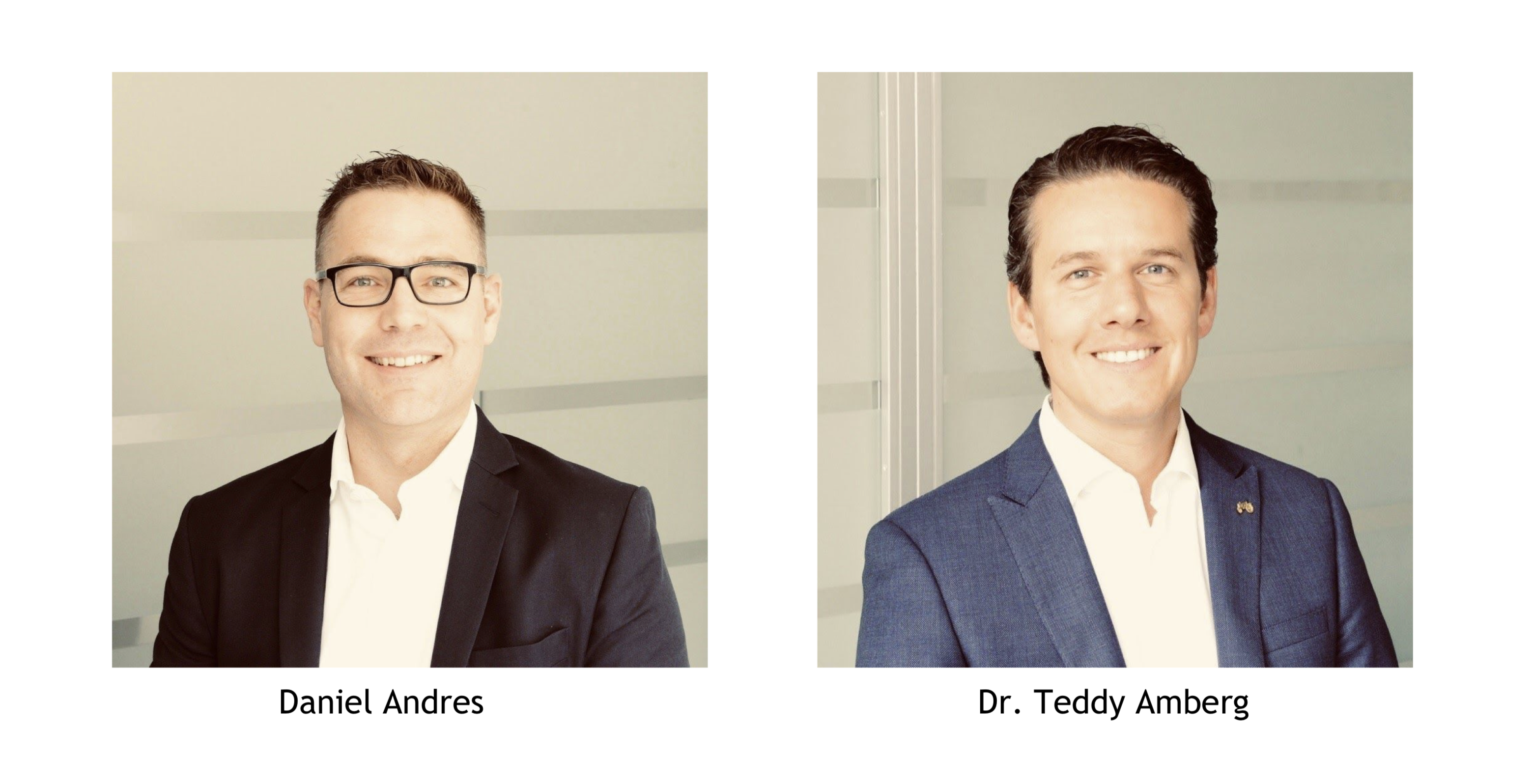This interview is part of Scaling Enterprise FinTech | The Handbook, launched in partnership with SixThirty Ventures.
1. A year since the first lockdowns- is this is a good time to be building or scaling an Enterprise FinTech (/ InsurTech) firm in Europe?
Yes. The Covid-19 pandemic has accelerated digitalization throughout industries by a couple of years. This digitalization trend will stay and continue to foster, especially in sectors such as fintech and insurtech. We firmly believe in the potential of start-ups in those (and adjacent) sectors. The resulting new or more efficiently structured business models offer tremendous opportunities.
2. What’s working and what’s not in B2B / Enterprise sales in the current environment?
In the current environment, Spicehaus Partners is convinced that business models need to offer immediate cost-reduction and/or increase efficiency for the customer. In the case, where customers need to invest, sometimes even heavily, the threshold and hesitation, combined with the prolonged sales cycles due to the consequences of Covid-19 offer lower chances of success.
3. In terms of investment focus: what’s in and what’s out for you?
Since inception of the Spicehaus Swiss Venture Fund, our investment strategy has been centered around start-ups in sectors with a strong footprint but still offering high potential for digital transformation. This includes banks and insurances (incl. regulation), real estate, education, or HR.
Sectors such as travel, tourism and gastronomy were already outside our scope before the pandemic. Furthermore, we do not invest in life science, crypto currencies or blockchain technologies.
4. What does it take to get to Series A today?
A start-up needs to demonstrate the market need of their product or service. It is essential that customer demand combined with adequate revenues can be shown as a milestone. A healthy sales and client pipeline, a strategy to expand into more/different countries, a robust team with a sound HR strategy and a reasonable business plan complement a successful Series A line-up.
5. What should startups expect or plan for in the coming months?
The appetite to invest in start-ups is there – but investors have become more cautious. A start-up needs to be more careful with their liquidity planning. It is difficult to foresee the next months. Hence, extending the existing run rate and/or using new funding in line with a business plan that leads to an 18 months run rate is advisable. Building a start-up is a marathon, not a sprint. Inform your current investors regularly and communicate with all stakeholders transparently. This will help you to engage each and everyone in your goals and make you stand-out.
We are optimistic for the European start-up eco-system and community, but perseverance is needed in the coming months.
Dr. Teddy Amberg, Partner
Teddy has over fifteen years of experience in private equity and venture capital. He spent eight years in the private equity industry at Partners Group. For two years, he built up the fintech start-up CreditGate24, today the largest lending platform in Switzerland. He is a lecturer for private equity and venture capital and a private equity book author. Teddy was selected to be a member of the Swiss National Startup Team in Fintech by Venturelab in 2017.
Teddy holds an M.A. in Banking and Finance from the University of St. Gallen (HSG) and a PhD in Sociology from the University of Zurich.
Daniel Andres, Partner
Daniel has over fifteen years of experience in corporate & institutional banking, as an entrepreneur and investor. He worked in Zurich, Geneva and London and was the Head Global Markets Sales for Switzerland at BNP Paribas. In 2014, he co-founded dakuro GmbH, a Swiss SME focusing on health and safety equipment. For more than eight years, he has been an active venture capital investor in various start-ups, mainly in the technology sector.
Daniel holds an M.A. in Banking and Finance from the University of St. Gallen (HSG).

